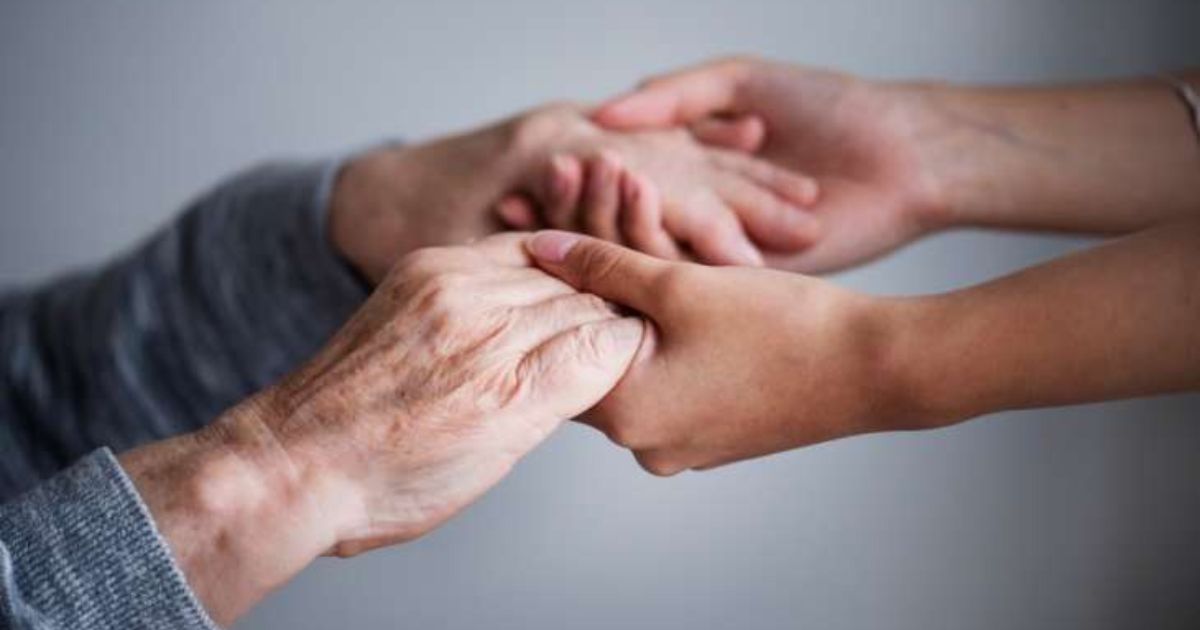Alzheimer’s disease, a challenging mental and emotional health condition, has long remained a puzzle for medical science. While Ayurveda, the ancient Indian system of medicine, may not provide a definitive cure, it offers a comprehensive strategy for managing its symptoms and enhancing the overall well-being of those affected.
Dr. Vikas Verma, Director of Shashvat Ayurveda in Chandigarh, shares valuable insights into this holistic approach to Alzheimer’s care.
At the heart of Ayurveda’s approach to Alzheimer’s lies the recognition of an individual’s unique constitution, or dosha, comprising Vata, Pitta, and Kapha elements. This profound understanding enables Ayurvedic practitioners to tailor treatments to suit the specific needs of each patient.
In the case of Alzheimer’s, where memory loss and cognitive decline are prominent symptoms, this personalized approach proves particularly beneficial.
Key Role Ayurveda Plays In Treating Mental And Emotional Health
One key element of Ayurvedic Alzheimer’s treatment is herbal medicine. Powerful herbs like Ashwagandha, Brahmi, Jyotishmati, and Shankhpushpi are well-documented for their neuroprotective properties.
They contribute to reducing brain inflammation, promoting nerve cell regeneration, and supporting cognitive function. Ayurvedic practitioners create custom formulations, incorporating these herbs, to address the unique needs of each patient.
Dietary advice from an Ayurvedic practitioner plays a crucial role in managing Alzheimer’s. A nutrient-rich diet forms the foundation, emphasizing whole grains, seasonal fruits and vegetables, and healthy fats.
Specific herbs like turmeric and ginger, known for their anti-inflammatory and antioxidant properties, are incorporated to enhance cognitive health.
Ayurveda’s holistic approach extends beyond physical health, embracing mental and emotional well-being. Practices like yoga, meditation, and pranayama (breath control exercises) are fundamental components. Not only do these practices enhance mental clarity, but they also reduce stress levels, ultimately improving cognitive function and memory retention.
To address the complexity of Alzheimer’s disease, Ayurveda employs a multifaceted approach. Personalized therapies such as Panchakarma therapy, Nasya therapy, and transcranial oleation therapies like Shirodhara, Shirobasti, ShiroAbhyanga, Shiroseka, and Vasti therapy are employed.
Additionally, aromatherapy using essential oils is utilized to alleviate mood disturbances and support cognitive function.
It is paramount that individuals seeking Ayurvedic Alzheimer’s treatment consult experienced Ayurvedic doctors. These experts can craft personalized treatment plans based on the patient’s dosha or constitution and the specific health issues they face.
The holistic approach of Ayurveda to Alzheimer’s care is gaining recognition for its ability to improve the quality of life of individuals affected by the disease.
While it may not offer a definitive cure, the emphasis on individualized care, herbal remedies, dietary guidance, and mental and emotional well-being sets Ayurveda apart as a valuable complementary approach to traditional medical treatments.
In conclusion, Ayurveda’s comprehensive approach to Alzheimer’s disease management is rooted in ancient wisdom and tailored to the unique needs of each patient.
By recognizing the individual constitution, harnessing the power of herbs, optimizing nutrition, and promoting mental and emotional balance, Ayurveda offers a holistic path to enhancing the well-being of those affected by Alzheimer’s.
While it may not provide a cure, it provides hope and improved quality of life for patients and their families in the face of this challenging condition.


























